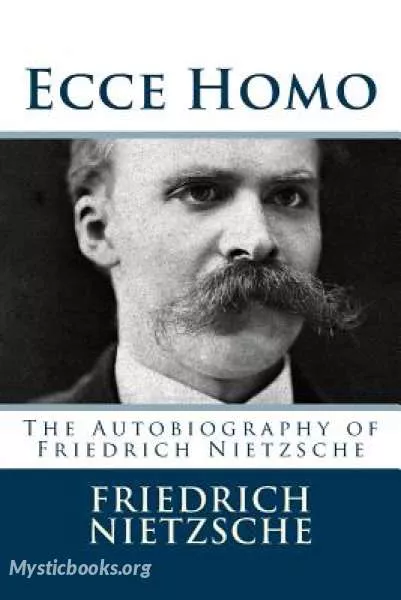
Ecce Homo
'Ecce Homo' Summary
According to one of Nietzsche's most prominent English translators, Walter Kaufmann, the book offers "Nietzsche's own interpretation of his development, his works, and his significance." The book contains several chapters with self-laudatory titles, such as "Why I Am So Wise", "Why I Am So Clever", "Why I Write Such Good Books" and "Why I Am a Destiny". Kaufmann's Nietzsche: Philosopher, Psychologist, Antichrist notes the internal parallels, in form and language, to Plato's Apology which documented the Trial of Socrates. In effect, Nietzsche was putting himself on trial with this work, and his sardonic judgments and chapter headings can be seen as mordant, mocking, self-deprecating, or sly.
Within this work, Nietzsche is self-consciously striving to present a new image of the philosopher and of himself, for example, a philosopher "who is not an Alexandrian academic nor an Apollonian sage, but Dionysian." On these grounds, Kaufmann considers Ecce Homo a literary work comparable in its artistry to Vincent van Gogh's paintings. Nietzsche argues that he is a great philosopher because of his withering assessment of the pious fraud of the entirety of Philosophy which he considered as a retreat from honesty when most necessary, and a cowardly failure to pursue its stated aim to its reasonable end. Nietzsche insists that his suffering is not noble but the expected result of hard inquiry into the deepest recesses of human self-deception, and that by overcoming one's agonies a person achieves more than any relaxation or accommodation to intellectual difficulties or literal threats. He proclaims the ultimate value of everything that has happened to him (including his father's early death and his near-blindness – an example of love of Fate or amor fati). Nietzsche's primary point is that to be "a man" alone is to be actually more than "a Christ".
Book Details
Language
EnglishOriginal Language
GermanPublished In
1908Authors
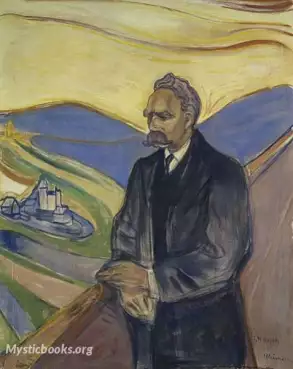
Friedrich Nietzsche
Germany
Nietzsche's writing spans philosophical polemics, poetry, cultural criticism, and fiction while displaying a fondness for aphorism and irony. Prominent elements of his philosophy include his radical c...
Books by Friedrich NietzscheDownload eBooks
Listen/Download Audiobook
- Select Speed
Related books
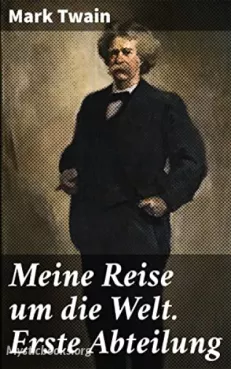
Meine Reise um die Welt. Erste Abteilung by Mark Twain
Tauchen Sie ein in eine außergewöhnliche Reise der Erkundung und des Witzes und begleiten Sie die legendäre Figur Mark Twain auf seiner unvergleichlic...
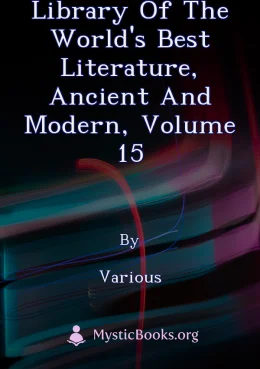
Library of the World's Best Literature, Ancient and Modern, volume 15 by Various
This volume, part of a larger 45-volume collection, presents a selection of literary works from various periods and cultures. It includes poetry, lett...
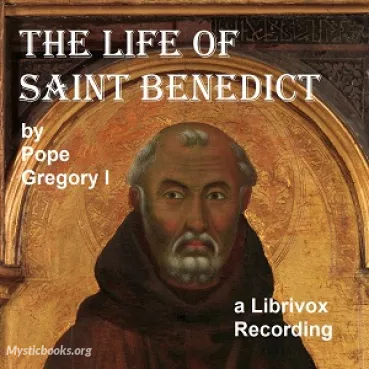
The Life of St. Benedict by Pope Gregory I
This delve into the extraordinary journey of one of the most influential figures in Christian history. Step into a world of devotion, miracles, and sp...
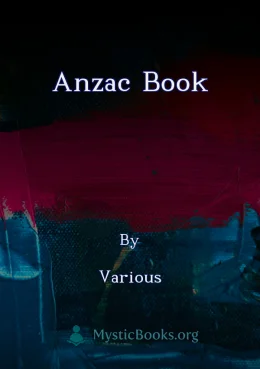
Anzac Book by Various
This compilation, 'Anzac Book by Various', offers a glimpse into the lives of the Australian and New Zealand Army Corps (ANZAC) soldiers during the Ga...
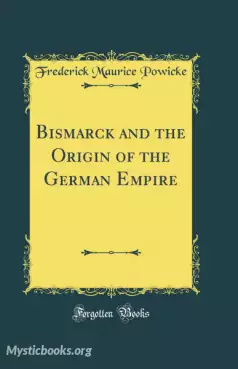
Bismarck and the Origin of the German Empire by Sir Frederick Maurice Powicke
Despite its brevity, this Little Blue Book by the Oxford historian, Sir F.M. Powicke, provides a valuable overview of the political history of Germany...
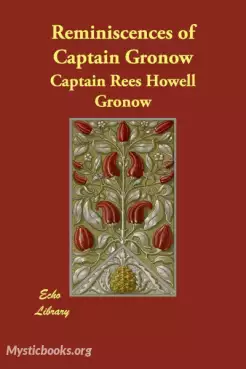
Reminiscences of Captain Gronow by Rees Howell Gronow
A collection of memoirs about the Peninsular War, the Battle of Waterloo, and society and personalities of Regency London and 19th century Paris, by a...
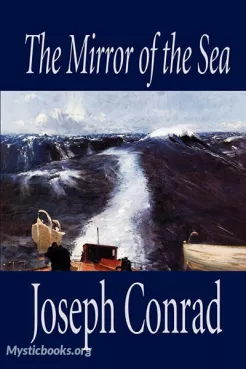
The Mirror of the Sea by Joseph Conrad
It is a classic book that explores the author's personal experiences as a sailor and his reflections on the sea. Originally published in 1906, the boo...

Red Battle Flyer by Manfred von Richthofen
This book is a firsthand account of the life and experiences of Manfred von Richthofen, the famed 'Red Baron,' during his time as a fighter pilot in W...
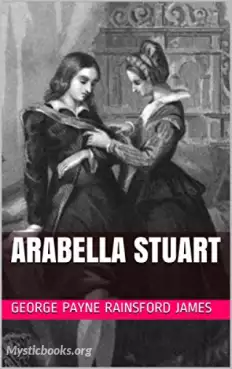
Arabella Stuart by George Payne Rainsford James
Lady Arabella Stuart was an English noblewoman at the beginning of the seventeenth century. At one time considered to be a possible successor to Eliza...

The Life of St. Dominic Savio by John Bosco
This it the most authentic biography of St. Dominic Savio, seeing as it is written by St. John Bosco, Savio's teacher.
Reviews for Ecce Homo
No reviews posted or approved, yet...